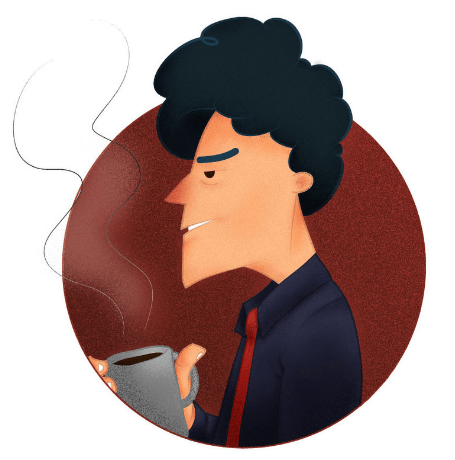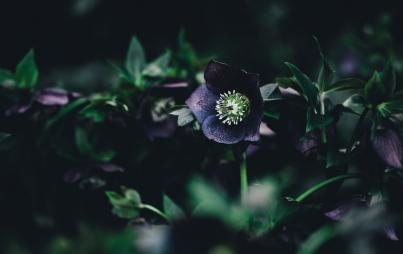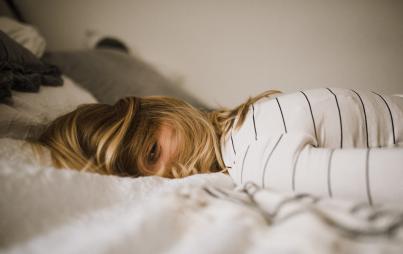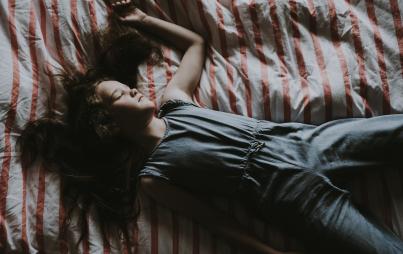
With the never-ending stream of advice on how to maximize our potential — time management, planning, goal setting — it’s no surprise that supplemental caffeine has become the standard addition to many Americans’ diets. But when Ryoko Iwata from I Love Coffee blog decided to compare creative stimulation through coffee versus alcohol we started to wonder: are we spending more time analyzing how to be more productive than actually being productive? (Or even enjoying the benefits of that said productivity?)
Just like the thrill of lighting a bottle rocket and watching it explode all within a few seconds, the good feelings associated with coffee are short-lived and pretty soon you need another hit to feel good again. -Mikael Cho, Medium.com
Not only has coffee become a connoisseur craft all of its own, but you can now find tips on how to best consume it — from what time of day to sip your energy to breaking for “caffeine naps” to maintain your luster.
As Iwata points out, though, you needn’t only drink from the cacao plant to keep your gears grinding. Alcohol intake can also spur creativity effectively by slowing down potentially-frantic thought processes that can often skip over breakthroughs; don’t count on it to do much past that initial ‘a-ha’ moment, though, as memory and focus quickly slip into oblivion.
Ok, so every boost has a catch — but then why do we rely so heavily on these external assists? Whatever happened to getting a good night’s rest, eating healthy and leaving aside time to reboot and keep your fire well-fueled? Turns out all three of those basic necessities are becoming more and more rare for the average American.
The Center for Disease Control and Prevention now names insufficient sleep as a “public health epidemic” — and staying addicted to the plethora of legal stimulants that ultimately keep us weary-eyed doesn’t help the matter.
As for our world-famous eating habits, Americans are making slow but positive progress toward healthier choices, but we have yet to see the obesity and diabetes epidemics be notably impacted. And when it comes to unplugging from the hustle and bustle? Turns out Americans work more and relax less than any other industrialized work force in the world, with 23% of us receiving no paid vacation time whatsoever.
Where do we turn for the answer? It seems to us this is becoming a bad episode of Dr. Drew, with a reduced caffeine intake as a potential source of a solution. Perhaps if we weaned ourselves off of these (clearly non-helping) stimulants, we could get back to the basics — and back to enjoying what we work so hard for in the first place.
Unabashed laziness.
Image: Wikimedia






